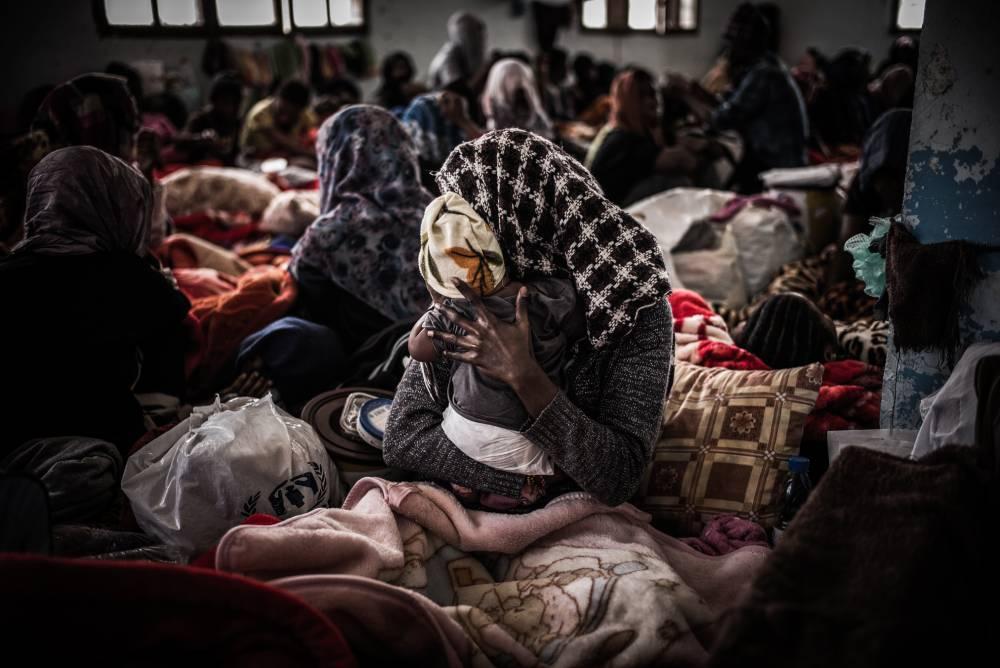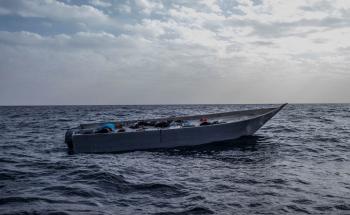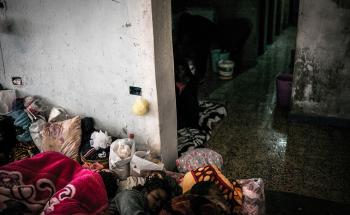It has been more than a month since our Doctors Without Borders (MSF) teams suspended activities in the detention centres in Tripoli, Libya (in late June). This was in response to the high level and rate of violence observed towards migrants and refugees held indefinitely in Libya’s detention centres.
Despite the suspension of our activities in Tripoli detention centres, we continue to provide medical and humanitarian aid through mobile clinics to the migrant and refugee community in urban areas in Tripoli, Zuwara, Zawiya and Bani Walid.
Our teams are also present at disembarkation points in and out of Tripoli to provide essential medical care, including lifesaving referrals, to migrants and refugees intercepted at sea and forced back to Libya.
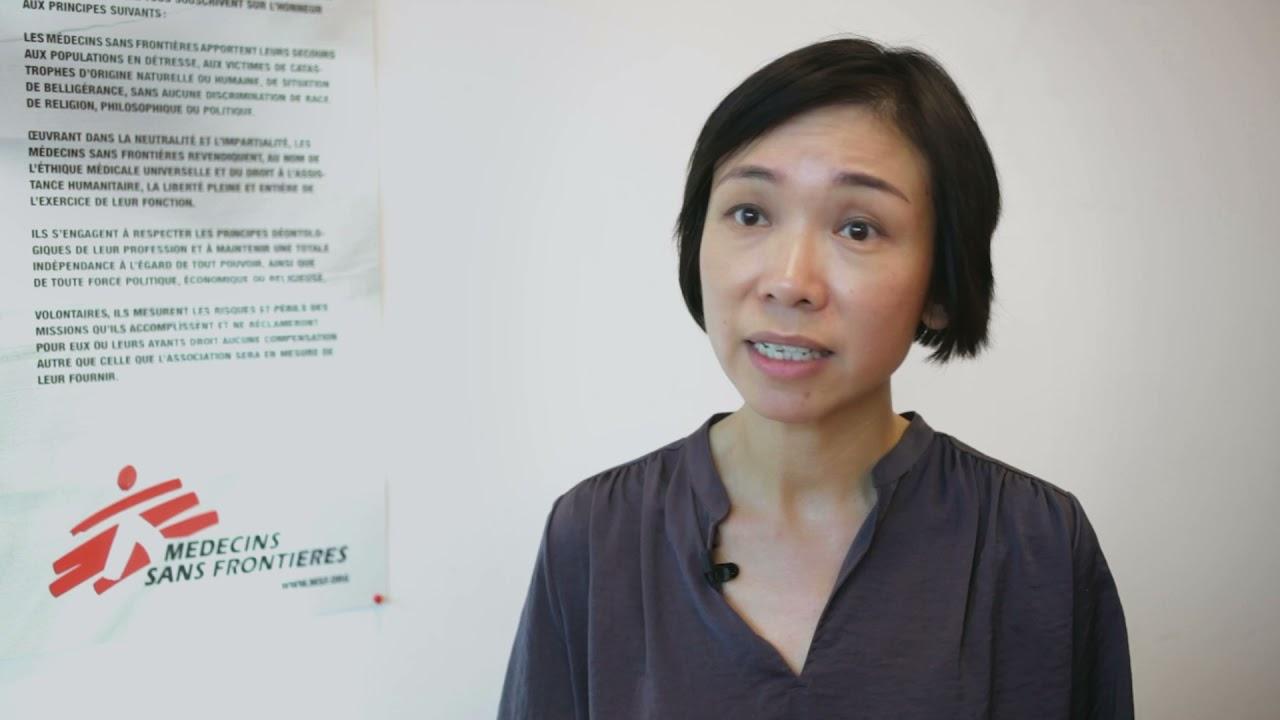
Post-Suspension update in Libya
Efforts to intercept, forcibly return and arbitrarily detain men, women and children in detention centres in Libya are ongoing.
As of 14 August, more than 22,000 people had been intercepted at sea and pushed back to Libya – the majority of whom are transferred upon disembarkation and forced into inhumane detention centres.
Prior to the suspension of our activities, our MSF teams witnessed the dire conditions that detained migrants and refugees experience inside these detention centres.
Today, as we continue to find and discuss a way forward with the Libyan authorities to address our concerns, we are worried that with very limited visibility on the situation in detention centres, the already-desperate conditions may have further deteriorated as a direct result of these relentless interceptions and increased detention of people fleeing Libya for safety.
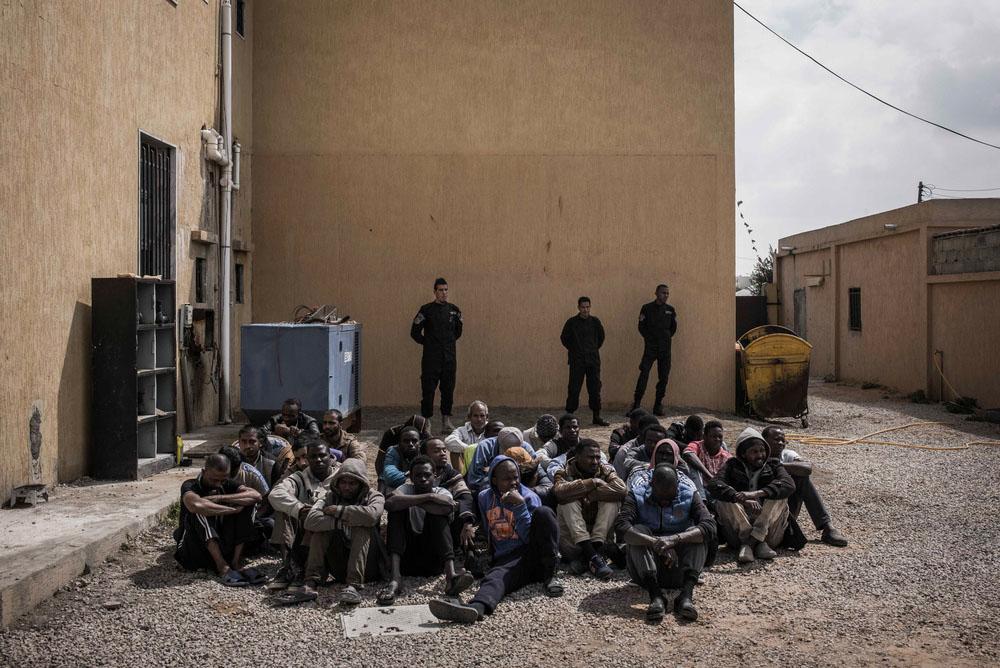
The detention centres are overcrowded that up to four people share each square metre and take turns to lie down and sleep. From 18 to 24 July, more than 2,000 people were intercepted and forcibly returned to Libya and sent to these detention centres.
"We know that these cells are made of metal, steel, with an iron roof, so it is actually really hot inside. Bear in mind that now it is the high time in summer in Libya so the temperature outside is about 50 degrees, and it is not an exaggeration to say that the temperature inside (some of) these cells has reached a dangerous level.
In fact, before our suspension, our team has seen people being carried out from these cells in an unconscious state due to heatstroke, so there are children, 12 and 13 years old left alone in these cells, there are also elderly people."
On the other hand, while MSF teams work to receive a solid commitment from authorities to improve the conditions for detained migrants and refugees, we remain committed to restarting our activities in detention centres, to ensure the immediate provision of proper medical and humanitarian assistance to detained migrants and refugees.
“In the mobile clinics we are doing in the community, we came across a man who was recently let go from the detention centres. He informed us that the inhumane conditions inside these facilities have gotten worse, in fact, he told us that he was locked up with about 300 other men in these cells,”Beatrice Lau, MSF head of mission in Libya.
Our concern remains for the physical and psychological well-being of vulnerable people locked up indefinitely in extreme living conditions - with no tangible solutions in sight.
We reiterate calls for an end to the longstanding systematic practice of arbitrary detention in Libya, and for the immediate evacuation from Libya of refugees, asylum seekers and migrants exposed to life-threatening risks – including those in detention.
